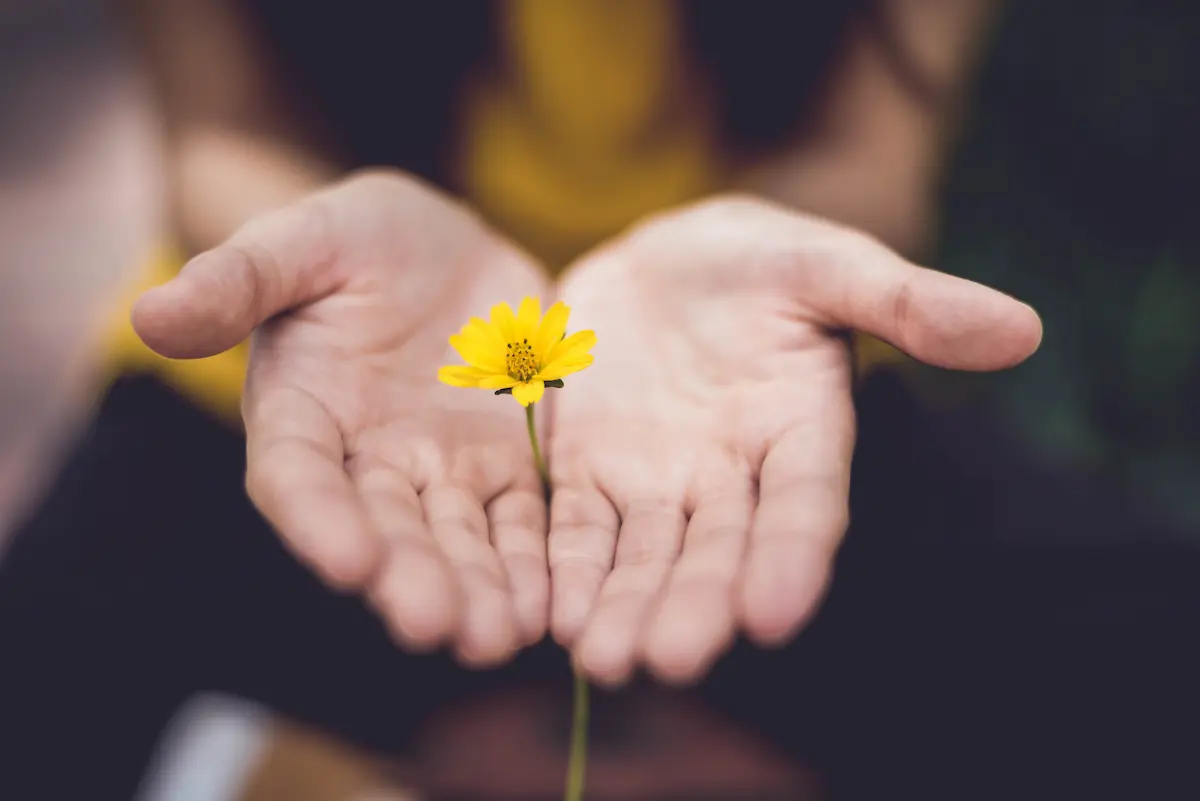Mindfulness has become a buzzword in recent years for good reason. Our lives are often busy and hectic, and it’s beyond important to take a step back and focus on the present moment. Mindfulness is the practice of being fully present and engaged in the moment, without judgment or distraction. It can help reduce stress, improve concentration, and enhance overall well-being. This article will explore how to incorporate mindfulness into your daily routine, even if you’re a beginner.
Start small
One of the biggest mistakes people make when starting a mindfulness practice is trying to do too much too soon. It’s important to remember that mindfulness is a skill that takes time and practice to develop. Start small and gradually build up your practice over time. For example, consider setting aside just five minutes each day to sit quietly and focus on your breath. As you become more comfortable with this practice, you can gradually increase the amount of time you spend practicing mindfulness.
Set aside dedicated time
It’s important to set aside dedicated time each day for mindfulness practice. Depending on your schedule and preferences, this could be as little as five minutes or as much as an hour. Choose a time of day when you’re least likely to be distracted or interrupted. Some people find it helpful to practice mindfulness first thing in the morning, while others prefer to do it before bed. Whatever time you choose, make sure it’s a time when you can fully commit to the practice.
Create a quiet space
Creating a quiet space for your mindfulness practice can help you focus and stay present. Find a quiet, comfortable spot where you won’t be interrupted. You may consider lighting a candle or burning incense to create a calming atmosphere. Make sure your space is free of distractions, such as your phone or computer. If you’re practicing mindfulness at work, find a quiet conference room or private area where you can be alone for a few minutes.
Focus on your breath
Focusing on your breath is a simple and effective way to practice mindfulness. Sit quietly and focus on your breath as it moves in and out of your body. Notice the sensation of the air as it enters and leaves your nose or mouth. If your mind wanders, gently bring your attention back to your breath. Counting your breaths, starting at one and counting up to ten, then starting over again at one may be helpful.
Practice mindful listening
Mindful listening is another effective way to practice mindfulness. Choose a piece of music or a sound that you find calming, such as the sound of a stream or the ocean. Put on some headphones or turn up the volume and listen to the sound for a few minutes. Focus all of your attention on the sound, noticing every detail. If your mind starts to wander, gently bring your attention back to the sound.
Pay attention to your senses
Mindfulness is all about being fully present in the moment. Paying attention to your senses can help you stay focused and engaged. Take a few moments to notice what you can see, hear, smell, taste, and feel. Notice the colors and shapes around you, the sounds of your environment, the smells in the air, the taste of your food, and the sensation of your feet on the ground. Paying attention to your senses can help you stay grounded and present.
Practice gratitude
Practicing gratitude is another effective way to incorporate mindfulness into your daily routine. Take a few minutes each day to think about something you’re grateful for. It could be something as simple as a beautiful sunset or a good cup of coffee. As you focus on your gratitude, notice how it makes you feel. Practicing gratitude can help cultivate a sense of contentment and well-being.
Take mindful breaks
Incorporating mindfulness into your daily routine doesn’t mean you have to spend hours meditating. You can also take short mindful breaks throughout the day to help you stay present and focused. For example, you might take a few deep breaths before starting a new task, or take a short walk outside during your lunch break. These short breaks can help you reset, recharge, and improve your overall well-being.
Stay committed
Finally, it’s important to stay committed to your mindfulness practice. Like any skill, mindfulness requires practice and consistency to develop. It’s easy to let other things take priority and push mindfulness to the back burner, but remember that your well-being is worth the investment. Try to prioritize your mindfulness practice, even if it means adjusting your schedule or saying no to other commitments.
Incorporating mindfulness into your daily routine can benefit your overall well-being. By starting small, setting aside dedicated time, creating a quiet space, focusing on your breath, practicing mindful listening, paying attention to your senses, practicing gratitude, taking mindful breaks, and staying committed, you can develop a mindfulness practice that works for you. Remember that mindfulness is a skill that takes time and practice to develop, but the benefits are well worth the effort. By staying present and engaged in the moment, you can reduce stress, improve concentration, and enhance your overall sense of well-being.
Book Recommendation
*Affiliate link: Your purchase costs you nothing extra but supports the free content on this website.
“Lighter” by Yung Pueblo
This book explores mindfulness and emotional healing through a collection of short poems and reflections. The author draws from his own experiences of personal growth and transformation, offering insights and guidance for readers who are seeking to cultivate greater awareness and well-being in their own lives.


Leave a Reply